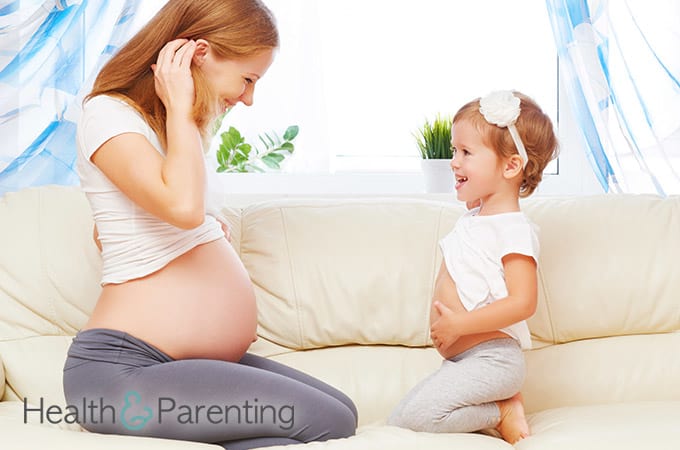You’ve made it through the early months, the breastfeeding struggles, the challenges of starting solids and teething. You’re nearing your baby’s first birthday in the coming weeks or months, and you’re starting to wonder if maybe it’s time to start trying to conceive again.
Everyone will have an opinion for you, but while people mean well and all have their own experiences to share, considerations to keep in mind include:
- Your recovery from your first pregnancy: your body needs time to recover, especially essential nutrients like iron. The best way to recuperate is by eating a healthy diet of nutrient-dense foods, and by exercising regularly.
- Breastfeeding: If you’re still breastfeeding baby #1, you can safely continue to breastfeed throughout pregnancy. However, not all women want to do so, some women have medical issues that mean baby should be weaned with a new pregnancy, and some babies may not like the changes to the milk that happen mid-pregnancy.
- Finances: Is another baby economically feasible right now? Will having a new child now actually save money in the long run (after all, you’ve already got all the baby gear)?
Other parents will tell you that there are pros and cons to each scenario …
When pregnancies occur close together, you’re still in baby mode so you’ve got the diapers, wipes and changing table still in the nursery and all the baby supplies are still likely out or easily accessible. Your children may share the same interests, activities and toys throughout much of their childhood. Your home will be pretty chaotic, because everyone will need your attention and supervision at the same time. Your time out of the workforce may not be as long, though closely spaced maternity leaves will cause some interruption.
When babies are born 2-4 years apart, you may have more patience and more knowledge (and a more defined parenting philosophy). Your children may share many of the same interests; though, if they attend different schools eventually, you may have twice the work. If your older child is attending preschool, you may have some baby-only time built in. Naps and diapering / potty training are probably not going to be in sync, making some additional work for you.
Waiting more than 5 years between births is almost like having two only children. You have given your older child years of your undivided attention, and you can now focus on your baby. Your older child is more independent but may resent having to share your attention after having you all to himself for so long. You may have had more time to develop your career between births, so your maternity leaves may not be as disruptive.
Researchers have some insight for you, too …
When pregnancies are too close, health risks are more pronounced. If it will be less than 12 months since you last gave birth, you have a greater risk of placental abruption and placenta previa with this pregnancy, and your child has a greater risk of autism. You have an increased risk of uterine rupture with a VBAC if your previous birth was less than 18 months from the when the next birth will be. Additionally, if the space between the births will be less than 18 months, the risks of preterm birth, low birth weight and having a baby who is small for gestational age are all increased. There are also risks to pregnancies spaced 5+ years apart, though researchers don’t know why: preeclampsia, preterm birth, low birth weight, and small for gestational age are all risk factors.
Experts believe that two to three years (but not more than 5) between births is the optimal spacing for siblings. This is true not only in the developed world, but also in traditional societies. (In fact, the average age between siblings in the US is about 30 months.) Some researchers have found that these children do better in math and reading as they grow. Experts seem to agree that health outcomes are better for moms and for babies with this spacing.
It’s up to you.
What it boils down to, though, is personal choice. When are you and your partner ready to expand your family? Sometimes it’s not a rational choice – it’s much more emotional. No matter what, if you love your children, they will thrive, regardless of how many months apart they are in age.
Written by Michelle, childbirth instructor, lactation consultant, and mother to 4 busy kids
This information is not intended to replace the advice of a trained medical doctor. Health & Parenting Ltd disclaims any liability for the decisions you make based on this information, which is provided to you on a general information basis only and not as a substitute for personalized medical advice. All contents copyright © Health & Parenting Ltd 2016. All rights reserved.










